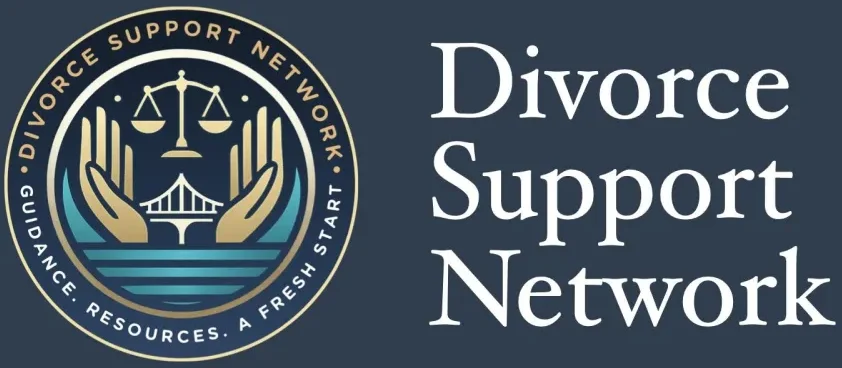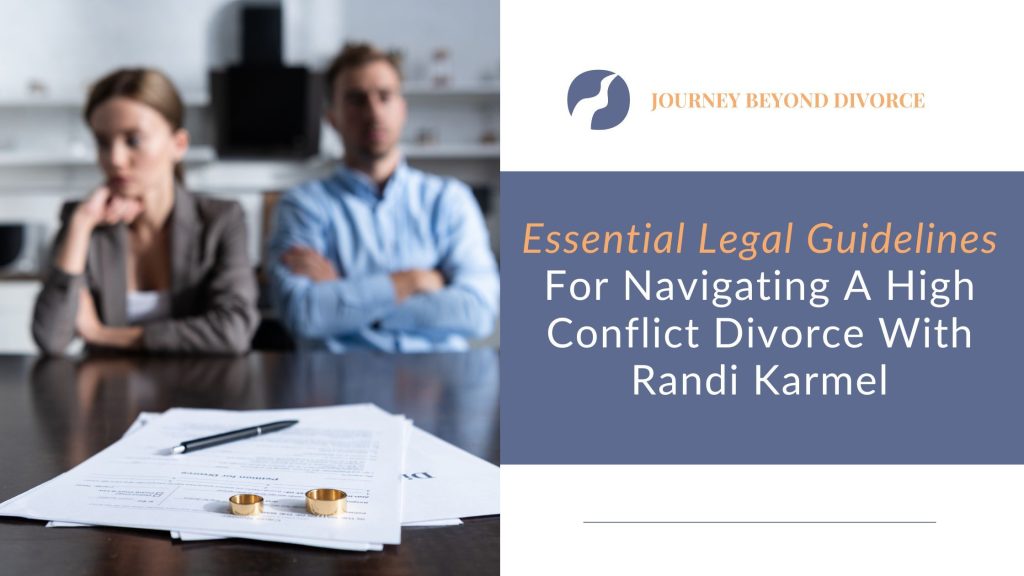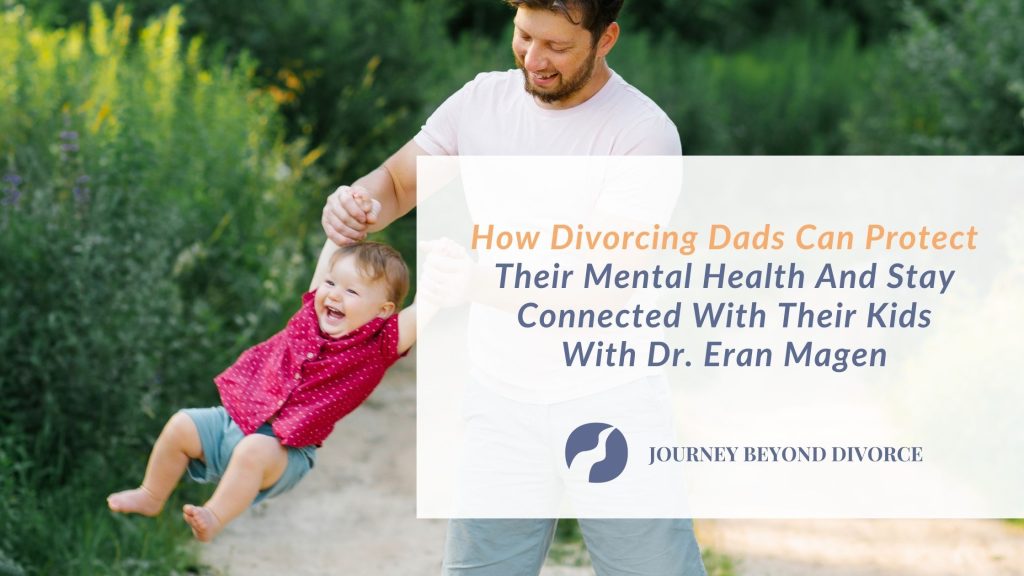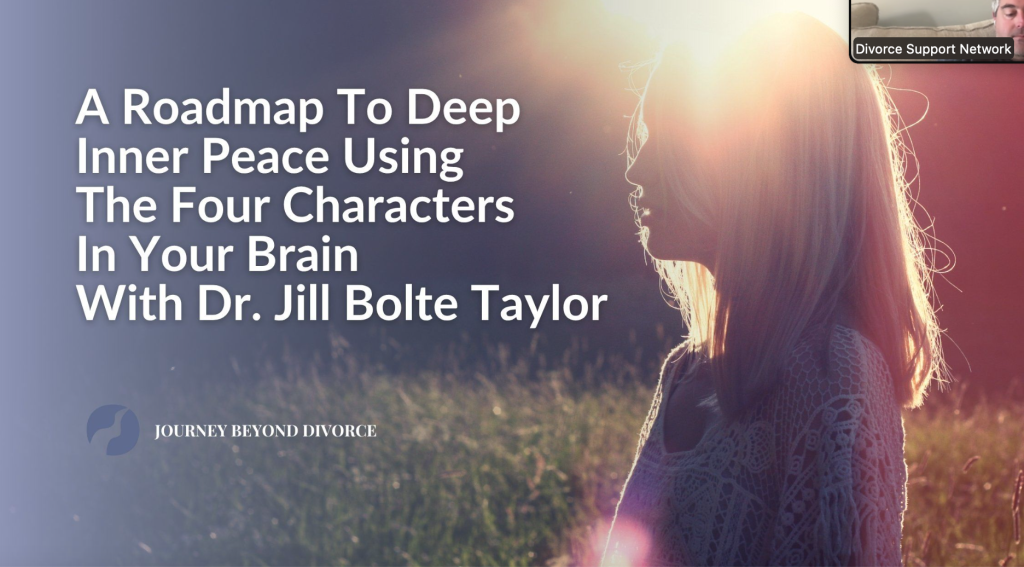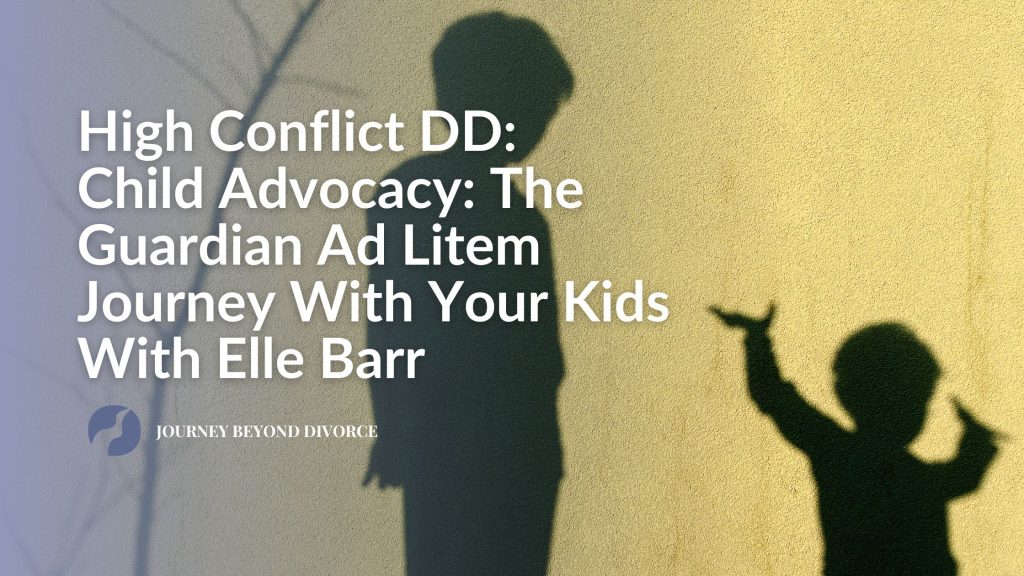Parenting and Co-Parenting Through Divorce: Supporting Your Kids While Finding Your Own Way

When you’re going through a divorce and you’re also a parent, everything feels heavier. You’re not just figuring out how to untangle your life from another adult — you’re trying to protect your children in the process. And no matter how old they are, no matter how your marriage ended, the one thing almost every parent worries about is this: are my kids going to be okay?
The answer is yes — they can be. But it takes intention, patience, and support. Kids don’t need perfection. They need stability, honesty, and love. That starts with showing up, even when you’re tired, even when you’re emotionally spent, even when your own heart feels like it’s breaking.
Telling your children about the divorce is one of the hardest moments you’ll face. There’s no script that works for everyone, but there are some principles that can help. When possible, it’s often best to tell them together — as a united front — to show them that while the relationship is ending, their family isn’t. Use clear, age-appropriate language. Reassure them that they are not the cause of the divorce. Let them ask questions, and be honest about what you know — and what you’re still figuring out. This is a moment they’ll always remember, so keep it gentle, grounded, and focused on what will stay the same, not just what’s changing.
After the initial conversation, life begins to shift in more visible ways. That’s when co-parenting becomes a daily reality. If you and your ex can communicate respectfully, share parenting responsibilities, and maintain similar expectations across both households, that’s a gift to your children. It’s not about being best friends — it’s about being consistent, civil, and focused on the kids’ needs above your own feelings toward each other. Tools like shared calendars, written agreements about discipline or routines, and scheduled check-ins can help take emotion out of logistics. Clear boundaries and clear communication make everything smoother.
But what happens when co-parenting isn’t working? Maybe your ex is combative, unreliable, or emotionally unhealthy. Maybe every interaction turns into a fight, or you’re the only one showing up on time, following the plan, or putting the kids first. In those situations, parallel parenting may be the best option. That means limiting communication to essential details, minimizing in-person interactions, and allowing each parent to operate independently within the boundaries of the parenting plan. It’s not ideal, but it can be effective — especially when the alternative is constant conflict.
The most important thing you can give your child during divorce is emotional safety. That doesn’t mean hiding your feelings. It means helping them make sense of their own. Kids often blame themselves, worry about the future, or feel stuck in the middle. They may act out, withdraw, regress, or cling more tightly to routines and relationships. All of this is normal. Keep your home a soft place to land. Keep showing up, even when they push you away. Stay curious about their feelings without forcing them to talk. And if they need extra support, don’t hesitate to bring in a therapist or counselor. Divorce is a big deal for kids, and having a neutral adult to talk to can make a huge difference.
Remember, it’s not about protecting your kids from every hard thing. It’s about helping them feel loved, supported, and seen — even in the middle of change. You can’t control what happens in the other household. You can’t shield them from every moment of sadness or confusion. But you can model resilience. You can create peace in your own space. And you can remind them, day after day, that they are safe and they are loved.
At Divorce Support Network, we offer tools, support, and connection for parents who are navigating this complicated terrain. Whether you’re looking for co-parenting strategies, legal resources, or just a community that gets it, we’re here to help you stay grounded and supported. Because you’re not just surviving a divorce — you’re raising good humans through it. And that’s something to be proud of.
